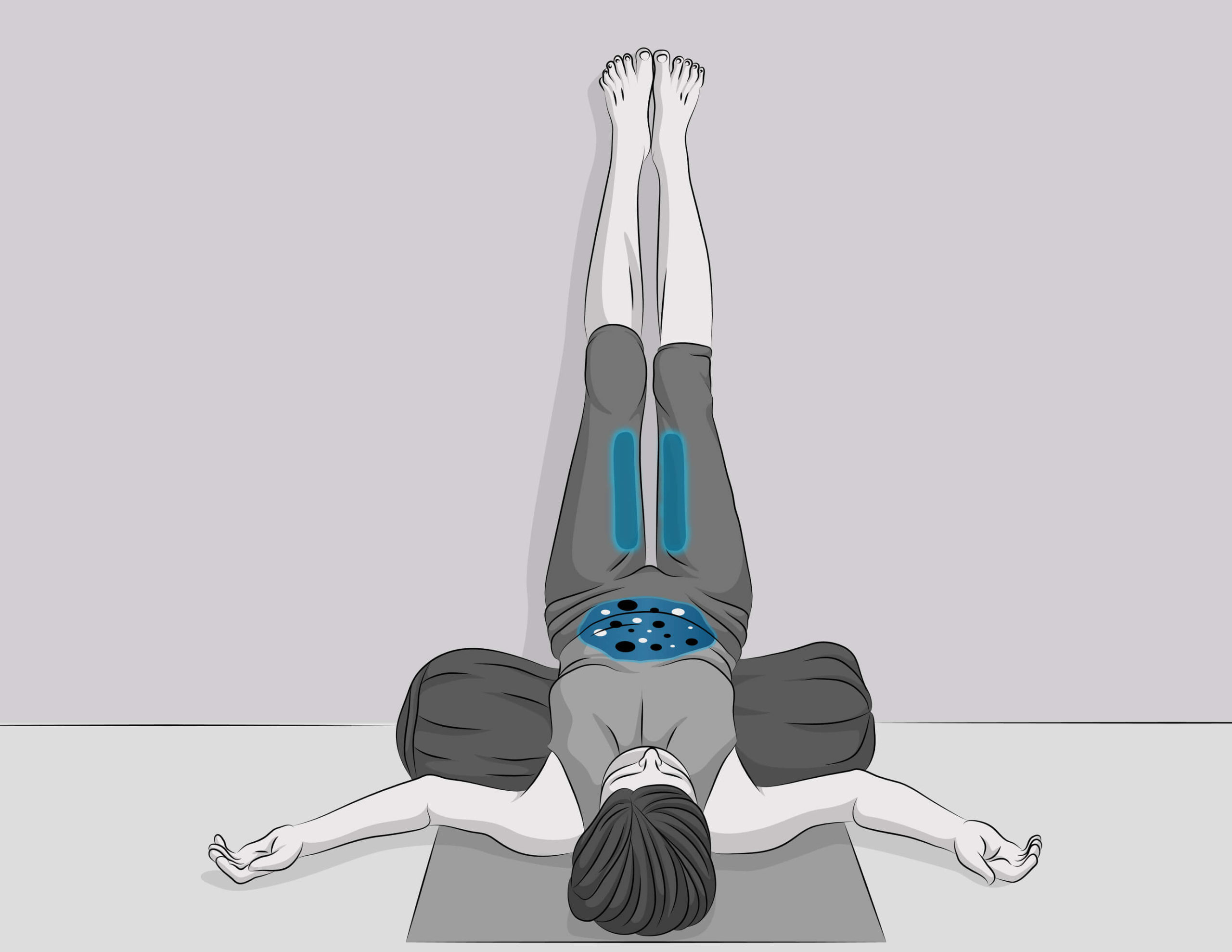The Misconceptions Surrounding Exercise and Aging
Exercise is often touted as the elixir of youth, a magical cure that can hold back the natural process of aging. However, there is a wide spectrum of myths surrounding the role exercise plays in our lives as we grow older. In this article, we’ll demystify the common misconceptions about exercise and reveal the true impact of physical activity on the aging process.
Myth 1: Exercise Can Completely Prevent Aging
One of the most prevalent myths is that exercise can stop the aging process entirely. While staying active does contribute significantly to better health and can slow some aspects of aging, it’s unrealistic to expect that exercise can completely halt the biological and chronological effects of getting older.
Myth 2: The Elderly Should Avoid Exercise to Prevent Injury
Another common misconception is that seniors are at a higher risk of injury from exercise and therefore should avoid it. In reality, exercise is crucial for maintaining muscle mass, bone density, and joint mobility in the elderly. Properly guided exercise programs can enhance stability and reduce the risk of falls, which are a major concern for the aging population.
Myth 3: High-Intensity Exercise Is Required to Benefit Aging
Many believe that only vigorous, high-intensity workouts can combat the effects of aging. However, moderate exercise can be just as effective, especially for those who are just starting out or have existing health concerns. Consistency in any form of physical activity is the key to reaping long-term benefits.
Myth 4: Exercise Prioritizes Physical Health Over Mental Health
While the physical benefits of exercise are well-documented, its impact on mental health as we age is often overlooked. Regular physical activity can improve cognitive function, reduce the risk of depression and anxiety, and promote a general sense of well-being.
Myth 5: It’s Too Late to Start Exercising in Old Age
Many assume that if they haven’t been consistently active throughout their lives, there’s little point in starting an exercise routine later in life. On the contrary, beginning an exercise regimen at any age can provide immediate benefits, such as increased energy levels and improved sleep quality, and it’s never too late to start.
Understanding the Genuine Benefits of Exercise in Aging
A clearer understanding of what exercise can and cannot do is essential for setting realistic expectations and goals. Although exercise is not the fountain of youth, it plays a pivotal role in managing many age-related changes. Here’s what exercise really does for aging bodies:
Enhances Mobility and Functionality
Regular movement helps maintain flexibility, balance, and coordination, which are all key components of mobility. As we age, these aspects become increasingly important for independence and quality of life.
Prevents Chronic Disease
Exercise is powerful in preventing and managing chronic diseases such as heart disease, diabetes, and osteoporosis. Remaining active can help seniors feel better and stay healthier longer.
Boosts Mental Health
Endorphins released during exercise can help combat the feelings of depression and anxiety that may come with aging. A consistent exercise routine supports brain health and can improve memory, reaction time, and problem-solving skills.
Contributes to a Longer Life
Studies have shown that regular physical activity is associated with increased longevity. By helping to mitigate various risk factors for early mortality, exercise can add years to one’s life – and life to those years.
Improves Quality of Sleep
Many people experience changes in sleep patterns as they age. Exercise can be an effective non-pharmaceutical remedy to improve sleep duration and quality.
Embracing Exercise at Any Age
Dispelling the myths surrounding exercise and aging is the first step towards embracing a healthier, more active lifestyle no matter one’s age. By understanding the true role of exercise, individuals can make informed decisions about their health and well-being as they grow older. The goal is not to stop aging, but to age with grace, strength, and vitality.




